What we do


Whether done in person, remotely or in the field “guerrilla-style,” user testing is very effective at identifying the problems encountered by real users. It can capture moments of delight and identify unique opportunities that will help you stand out from the competition.
01
When is it used?
After designing the wireframes or prototype of a new product.
Objective
Identify the strengths and weaknesses of digital products or services while drawing on rich qualitative data.
The added value of in-person testing is that it allows us to capture some of the participant’s reactions to the object being tested and to better understand the impact of their environment.
What does it involve?
This approach allows us to carry out an evaluation of a prototype, wireframes or product that is already online by conducting tests with several existing or potential users.
We recruit users based on a list of criteria that is specific to each project. The evaluation can touch on functionalities, page content, site architecture or the overall user experience.
In-person testing is done in a lab or at the client’s office. We can also meet with participants at their workplace, their home or a place of leisure.
Benefits
Advantages of in-person testing
Interaction with the participant
Participants can sketch their ideas on paper to illustrate their suggestions. Interface creation tools can also be provided to participants in digital format or on cardboard so they can design their own ideal interface.
Variation in study context
In-person testing goes beyond the digital realm. We can evaluate objects, products or prototypes that have a physical component, offering a global view of the user experience.
We can also test wireframe print-outs, which can then be annotated by the participant.
More detailed observation
We can observe how a participant physically uses a prototype or product.
For some projects, it can be very enlightening to invite the participant to bring their own devices, or to visit their workplace or home. This can provide even more information on the usage context.
Listening actively and exploring unexpected avenues
Our team is known for its experienced moderators. With the client’s agreement, we’re open to exploring unforeseen avenues with participants during interviews.
Some participants occasionally make unexpected observations that are outside the original brief. When this happens, we’ll take the time to let the participant expand on their thinking.
This proactive interview method can help the client identify unique opportunities to develop new functionalities/features.
02
When is it used?
To test wireframes, prototypes or digital products with target audiences that are harder to reach or who come from different areas.
Objective
Obtain feedback from a variety of user profiles, or a wider range, in a cost-efficient, easy-to-implement format.
We take a flexible, efficient approach to remote interviews.
Our tools allow us to meet with participants from across Quebec, Canada and elsewhere in order to assess their experiences on the items in question.
What does it involve?
Remote testing is an online version of traditional user tests. It’s ideal for testing a website, software or other digital product with harder-to-reach users. This is one of the easiest methods to implement.
Our clients are always invited to observe the interviews. This helps to stimulate discussions and quickly explore avenues for improvement.
It’s very important to us that our approach suit our clients, and that it help identify items requiring further investigation. Thus, we take some time after each interview to conduct a short debriefing with the client to ensure their satisfaction and identify any areas needing adjustments.
Our tool box
We use a number of different platforms in order to offer a variety of options to participants.




03
When is it used?
At the beginning of the design phase when a few preliminary screens have been roughly designed.
Objective
Obtain rapid feedback from users on a few screens using an easy-to-set-up approach.
The advantage of “guerrilla” testing is that it allows us to meet with users in their own environment, in a flexible and creative manner.
What does it involve?
“Guerrilla” user testing is simple to implement. Our consultants travel to where the end users of the future product are located and recruit participants on the fly. It’s a highly effective and economical way of obtaining results and feedback, and to thus correct and enhance a product’s user experience.
In practice, two consultants from our team go to a public place and intercept passers-by to ask them to test the prototype. One asks the participant questions while the other takes notes.
This approach has the added benefit of being fast and easy to set up. We favour this method when working with a prototype that’s not yet fully developed.
Ready to get started?
Request a quote